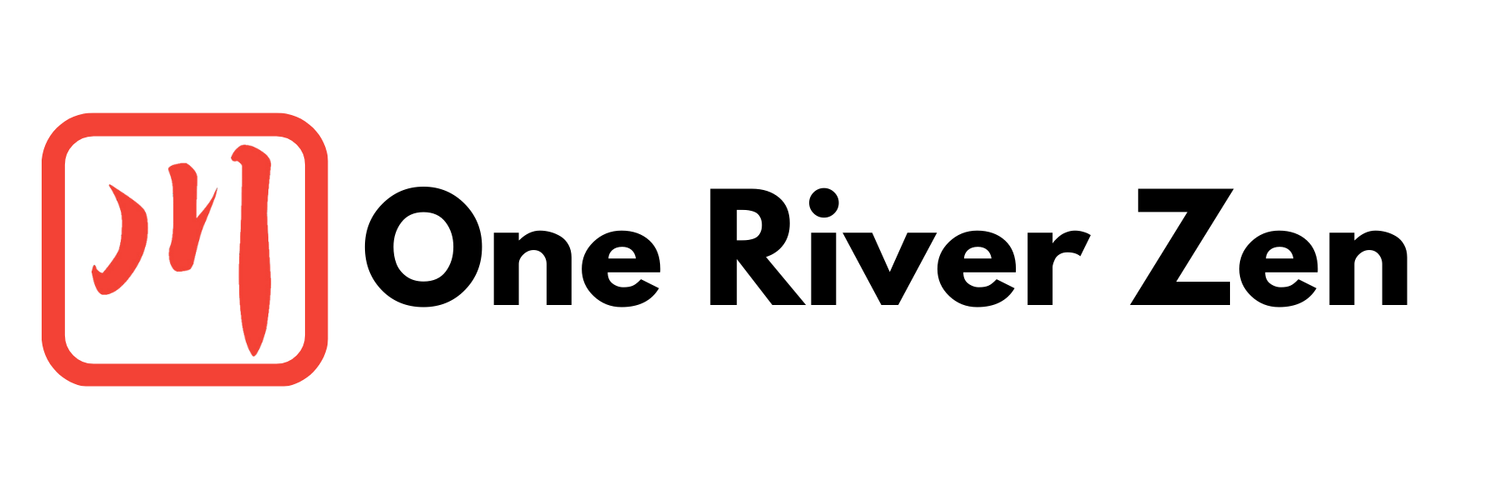
Book of Equanimity Case 21 — Ungan Sweeps the Ground | Zen Teishō by Sensei Michael Brunner
In this teishō on Book of Equanimity Case 21, “Ungan Sweeps the Ground,” Sensei Sōen Michael Brunner examines how our mental commentary replaces direct experience.

MIND YOUR OWN BUSINESS
One of the most dangerous things on the spiritual path is blaming causes and conditions — or blaming other people — for our inability to practice. For our inability to function freely in our own lives.

WHO DO YOU THINK YOU ARE?
You’ve been asked that question before —
usually as a correction.
But what if it’s the most important question you answer today?

EXHAUST THE MIND ROAD
You can think your way all the way to the edge — but you can’t think your way into intimacy with this moment.

PUT IT DOWN
You’re holding more than you think.
And it’s costing you.
What changes when you stop clinging — even for a breath?
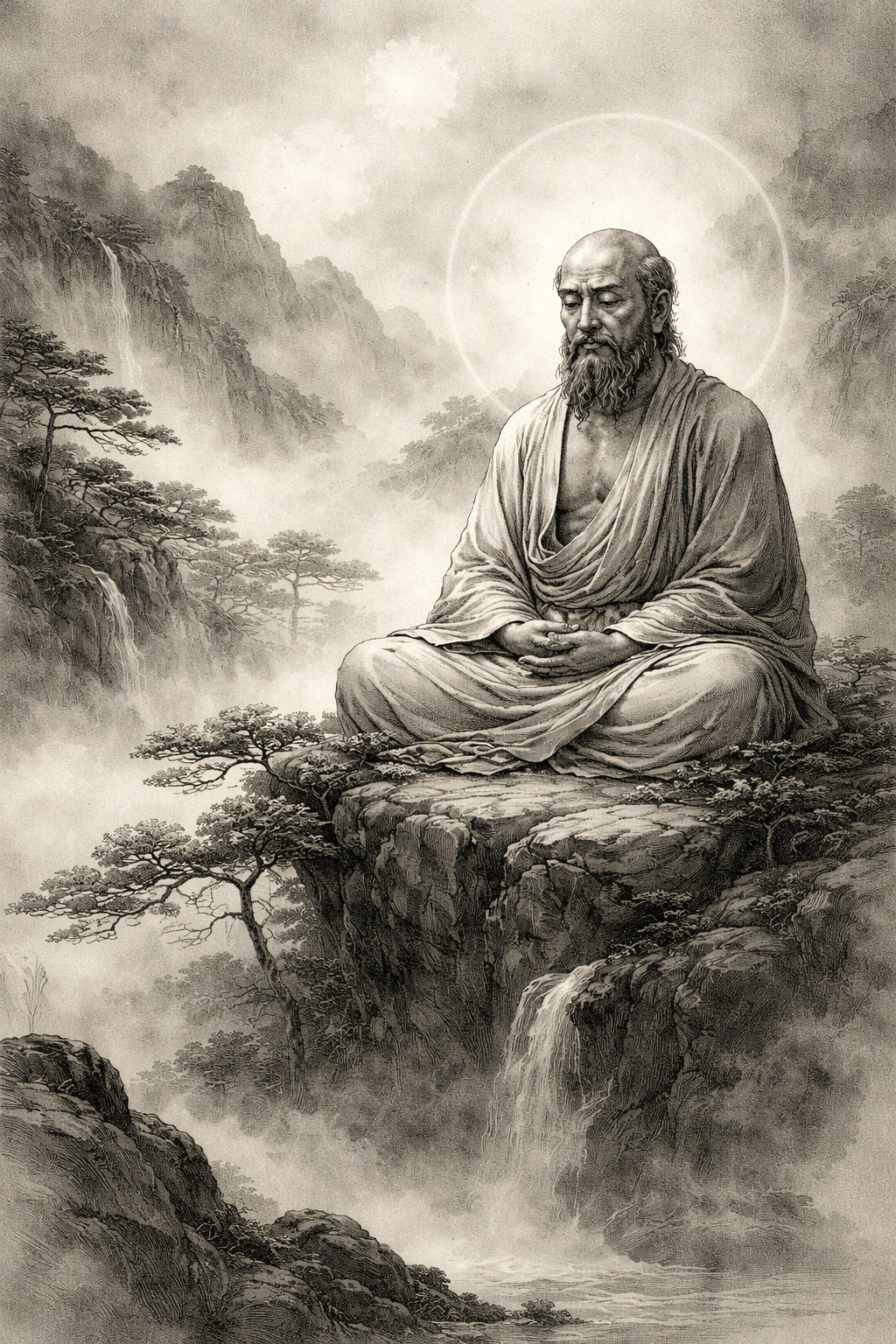
Mumonkan Case 9 — Daitsu Chishō: The Non-Attained Buddha | Zen Teishō
What if nothing was ever missing? In this teishō on Mumonkan Case 9, Daitsu Chishō, Sensei Soen Michael Brunner examines the hidden assumption that practice leads somewhere—and what it means to come home to the non-attained Buddha here and now.
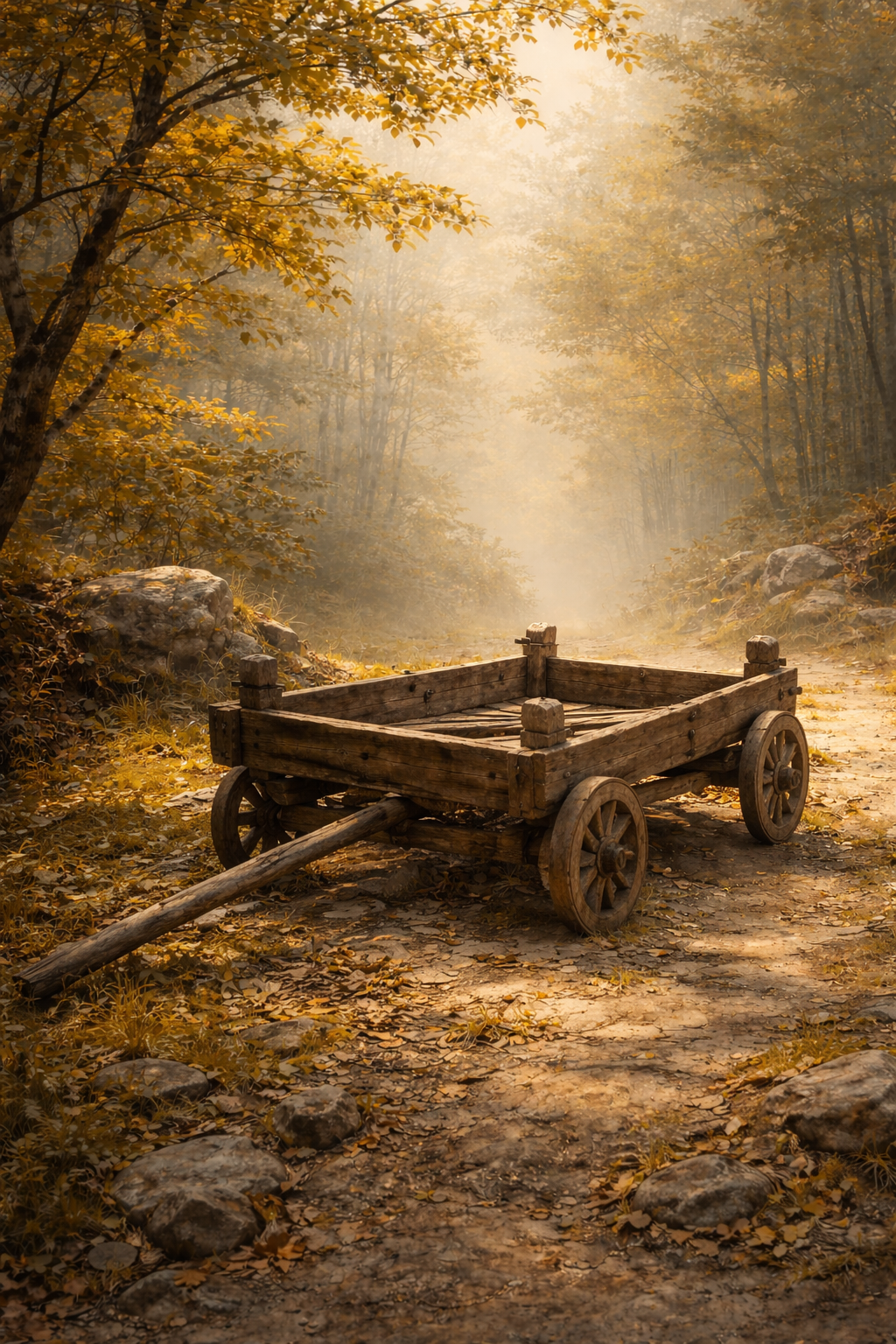
Mumonkan Case 8 — Keichū Makes Carts | Zen Teishō by Sensei Michael
In this teishō on Mumonkan Case 8, Ketshū Makes Carts, Soen Sensei (Michael Brunner) examines how we mistake explanation for intimacy and why Zen practice collapses the distance between experience and understanding. What happens when the “wheels” are removed—and what still functions?
What Current Are You Riding?
Practice begins by judging the current. By seeing clearly where it’s taking us. When we do that, we can become skillful oarsmen — using those same thoughts and assumptions consciously, steering the raft toward the actual current of lived experience.
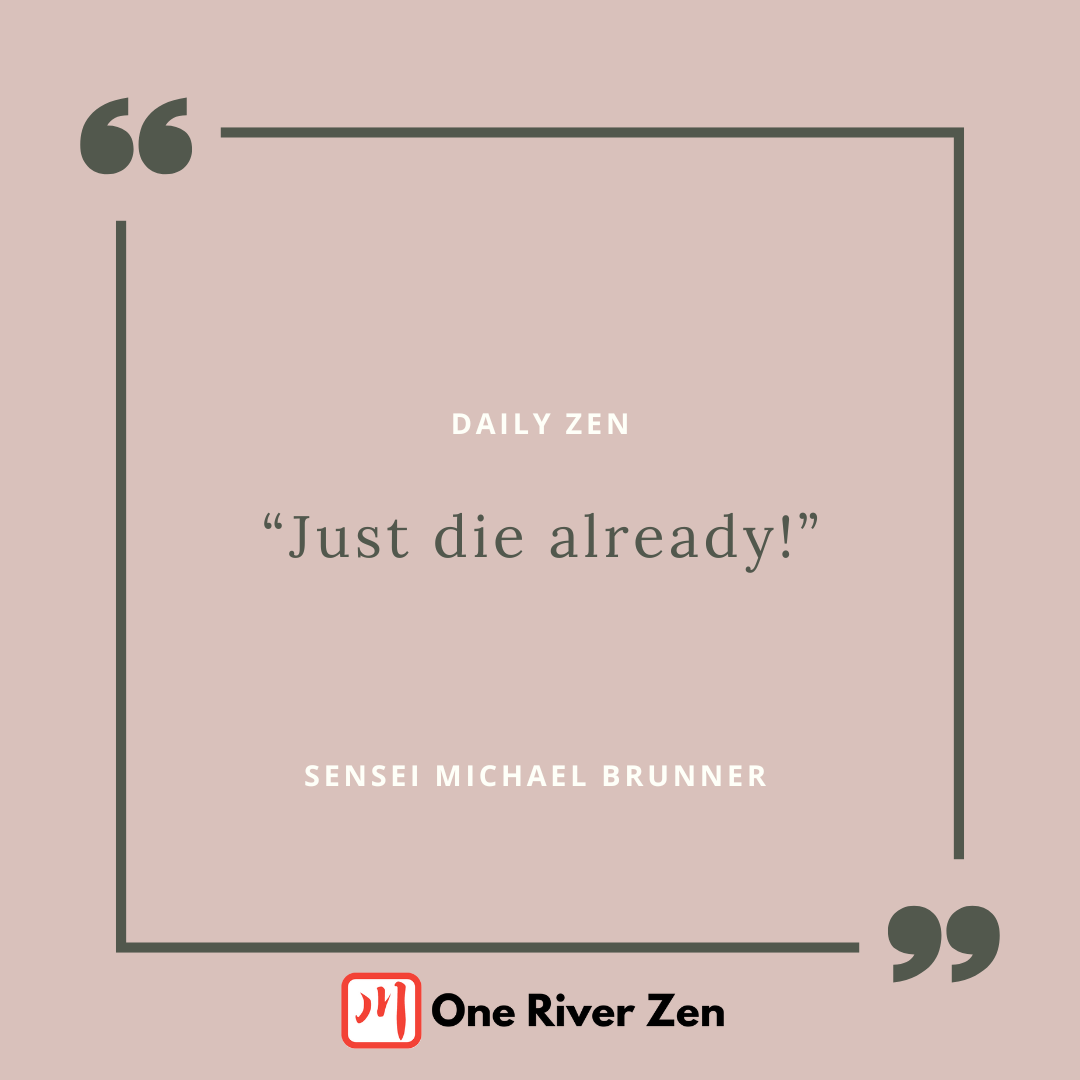
Just Die Already!
You will never accumulate enough or exchange enough to make the created story of yourself feel substantial. But when you drop it—when you stop trying to secure it—you discover something else. As you respond directly to the suffering you encounter around you, your true nature appears. And it appears as compassion.
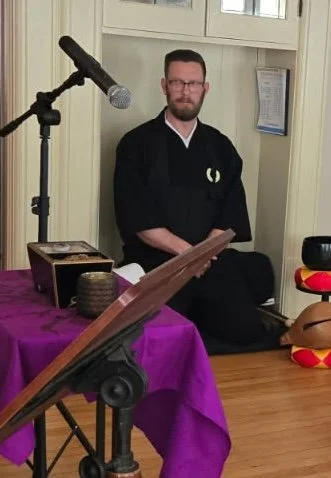
Our Life Is Shaped by the Mind | Talk by Anzan Eric Mehon
In this Dharma talk at One River Zen, Anzan Eric Mehon reflects on the opening verses of the Dhammapada, exploring how the mind shapes our experience of suffering and joy. Through everyday moments — from the frustrations of daily life to the challenges of meditation itself — he reveals the simple yet demanding practice of returning again and again to breath, intention, and presence.
